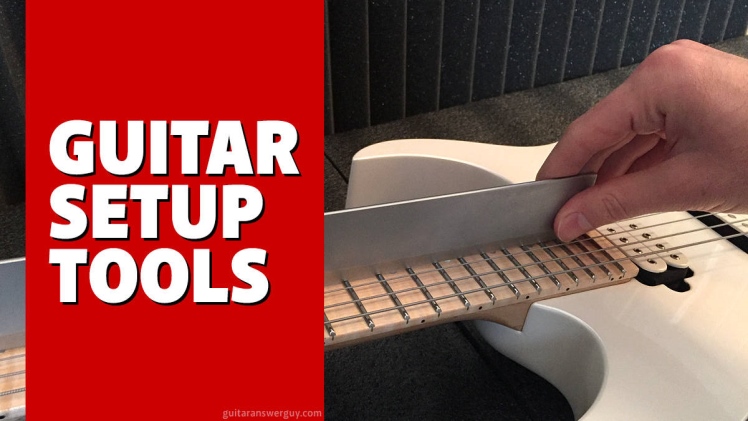You undoubtedly spent a lot of money on your guitar and you want to play it. If you ever use it and run into problems or find out it’s broken, that’s devastating.
It’s possible that guitars are erratic, easily damaged instruments. If you play guitar, then you should know everything about these guitar maintenance basics. An investment in regular maintenance and repairs may extend the life of even the most cherished instrument.
Which is why it’s imperative that you familiarize yourself with the essentials of guitar maintenance. Several guitarists spend hundreds or thousands on their gear before they learn how to properly maintain it. To prevent minor issues from becoming major catastrophes, vigilant monitoring is required.
Of course, if you have any serious issues with your guitar, seeing a local professional at the Nearest Music Shop is the way to go. However, many problems may be solved or avoided altogether with just a little bit of information about appropriate guitar maintenance.
Maintain a comfortable temperature and relative humidity.
If you leave your guitar in a hot, humid environment, the hardwood will expand and change the instrument’s string movement. The metal pieces may have corroded and the neck may have been twisted. Wet conditions are bad for a guitar’s sound because water dilutes the natural tone of the wood.
In contrast, a guitar’s playing conditions should be avoided in cold, dry weather. Because of this, the wood might contract and crack or split. As a problem, it may be even more intractable than persistently high humidity. Preventing extreme temperatures is important for guitars since crack repairs may be pricey.
Cleaning your instrument is a must.
Keeping your guitar clean is one of the most essential maintenance tasks you can do. Every musical instrument, whether it was purchased for a few dollars or was painstakingly created by a skilled craftsman, requires regular maintenance, including cleaning.
Your skin’s natural oils, together with humidity and dead skin cells, may have a negative impact on your guitar’s finish and tone. Keep a clean, lint-free towel in your suitcase so you can quickly and easily wipe down your instrument each and every performance, since maintaining the cleanliness of your guitar is essential.
You may find a wide variety of dedicated guitar cleaning products on the market. Before using a guitar cleaner, read the label to be sure it is safe for the kind and age of instrument you own. Don’t try to fix your guitar yourself; instead, look out at the Nearest Music Shop for expert guidance if you think you may have done harm.
Prepare the fingerboard
An unfinished fingerboard is a common sight on guitars. The best approach to prevent the fingerboard from drying out is to use a product made especially for guitars. A good conditioner may help clean the frets and the wood so that it doesn’t dry out, and it can also help prevent cracks.
Make sure the cleaner you purchase is made specifically for the type of fretboard and doesn’t include silicone. Get in touch with a repairman if you see any sharp or loose cracks in your fingerboard.
Changing guitar strings
Surprisingly, the vast majority of guitarists have no idea how to properly restring their instruments. Intonation issues, unstable tune, and broken strings are common outcomes.
The best method for restringing a guitar depends on the instrument you’re working with.
Do some research, find an expert, or look for one at the Nearest Music Shop if you keep breaking strings or can’t figure out how to restring your guitar.
Check the posture of the neck.
Checking for proper neck alignment and fixing any issues that may arise may be a daunting task for guitarists of all skill levels. They will be happy to help, and getting a reference from a local expert at the Nearest Music Shop is never a bad idea.
Not sure whether the neck of your guitar needs to be adjusted for playability? It’s probably time for a neck realignment if you’re experiencing excessive cracking or extraordinarily high movement between the first and the seventh frets.
Analyze problems with truss rods, bridges, and bolts
It’s important to check the guitar’s nut, bridges, and truss rod for any irregularities, but this step is often neglected. An average guitarist has to seek out professional help if they haven’t received instruction in guitar maintenance.
Most guitarists should have little trouble spotting these issues on their own. However, they could need expert help in order to make the necessary adjustments.
It is not worth taking the chance that using the wrong instruments won’t cause permanent damage. Check online for the Nearest Music Shop and give them a call if you’re interested in learning more or signing up.

